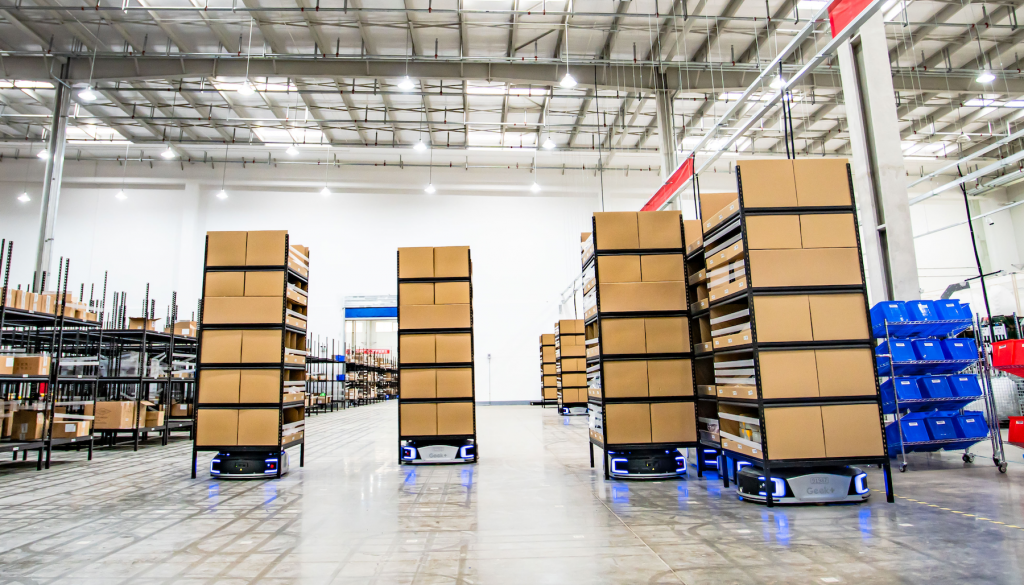3 Strategies to Avert Supply Chain Disruptions
As nations adapt to the new normal and commence a general resumption of activities, several countries such as Israel, Hong Kong, Victoria (Australia) etc have experienced a resurgence of COVID-19 cases. Other than jeopardizing public health, these new waves of infections can once again have profound implications on the global supply chain.
Recalling the initial, unprecedented outbreak of the virus, businesses round the globe were awfully unguarded and many thus suffered the repercussions of supply chain disruptions. In fact, 94% of Fortune 1000 companies are experiencing supply chain shocks from COVID-19. Once bitten, twice shy - businesses should now be compelled to take precautions and avert any potential knock-on effects from threatening the stability of their supply networks. Here’s how.

-
1. Stash away inventory
Businesses are recommended to maintain an inventory of raw materials, critical components and/or finished products higher than operationally necessary to provide a buffer against potential disruptions. An equilibrium between the size of the stockpile and the anticipated event frequency and duration should be cautiously preserved. A frequent event with a short duration e.g. a machine failure, can easily be managed by carrying a slightly higher level of inventory, but counteracting the effects of black swan events like COVID-19 which lasts a long duration can be exigent, given the costs of storing high levels of inventory.
.png?width=1280&name=Benefits%20of%20Smart%20Factory%20%E7%9A%84%E8%A4%87%E6%9C%AC%20(2).png)
-
2. Diversify supply base
Due to intellectual property issues and complex production processes, or an attempt to drive down unit costs, firms can sometimes become over reliant on a single supplier or geography to source particular goods. With a restricted supply base, many companies leave themselves with limited contingency plans to grapple with disturbances in the chain. As such, dividing sourcing activities across companies and geographies serves to protect a business against supply disruptions from a single supplier.
Companies can adapt more easily to changing conditions and ramp up sourced volume from a possibly unaffected supplier. Although economies of scale may be compromised, a diversified supply base, which includes developing backup suppliers, can lend companies greater flexibility to combat unforeseen circumstances and considerably reduce companies’ exposure to risk.
-
3. Automate and digitalize the supply chain
To truly fortify the core supply chain and achieve business resilience against supply chain disruption, digitalization and automation are key. Big data analytics can assist firms in strategizing and streamlining their supplier selection process, cloud-computing is increasingly being used to facilitate and manage supplier relationships while robotics and the Internet of Things can substantially augment logistics and shipping processes.
End-to-end supply chain visibility can also be attained and this is tremendously beneficial in helping companies plan ahead and in enhancing swifter decision making and execution. Furthermore, in light of COVID-19, issues like labour shortages and employee safety have become more pronounced. These risks can be counteracted by the aid of robots, which are able to function independently without human intervention, at high levels of efficiency.

In closing, COVID-19 has unleashed a global supply chain crisis across the world and this further serves to shine the spotlight on the importance of risk management in the global contemporary marketplace. Geek+ recognises the importance of supply chain digitalization in building sustainable competitive advantage and has artfully developed a series of software and robots that incorporates artificial intelligence and robust algorithms to boost your supply chain capabilities. To learn more about our solutions, contact our consultants today!





